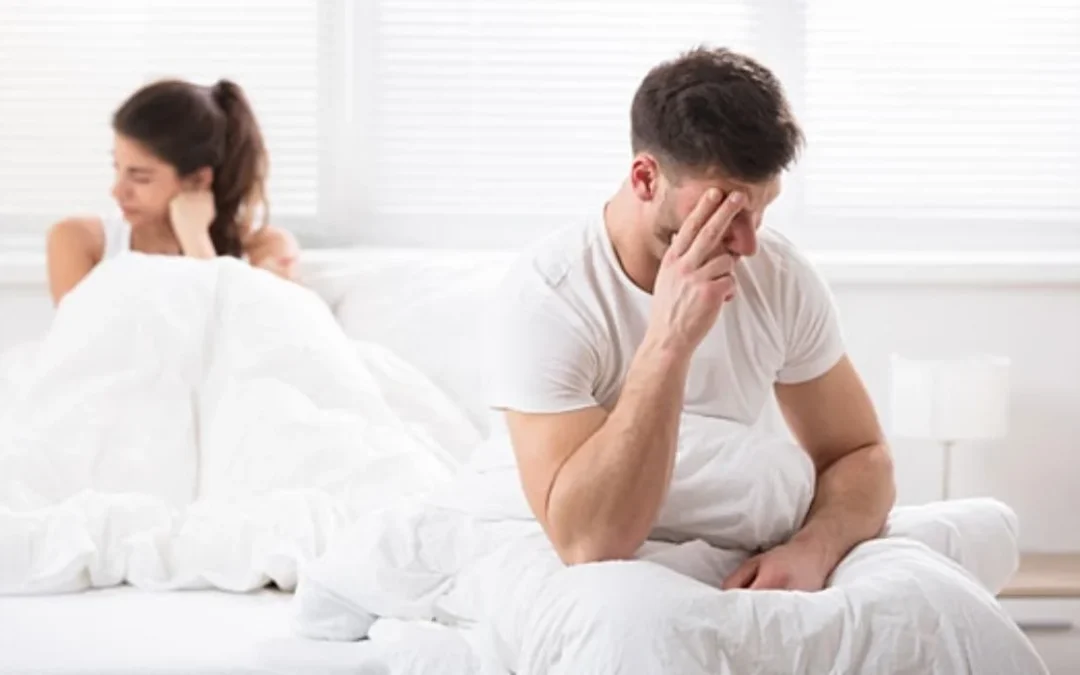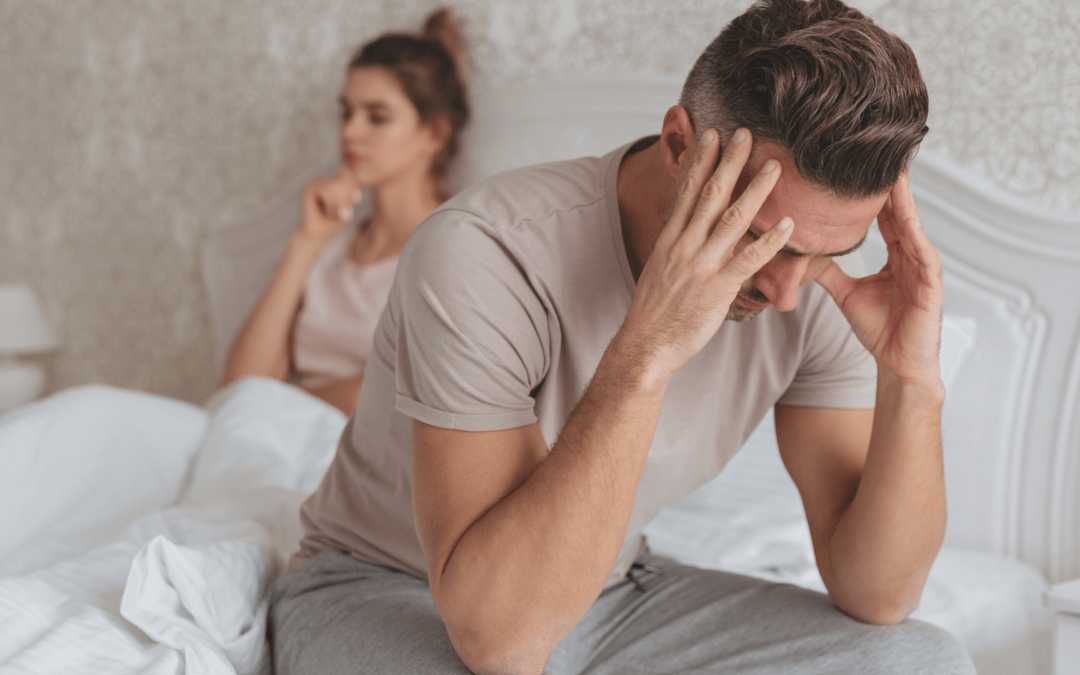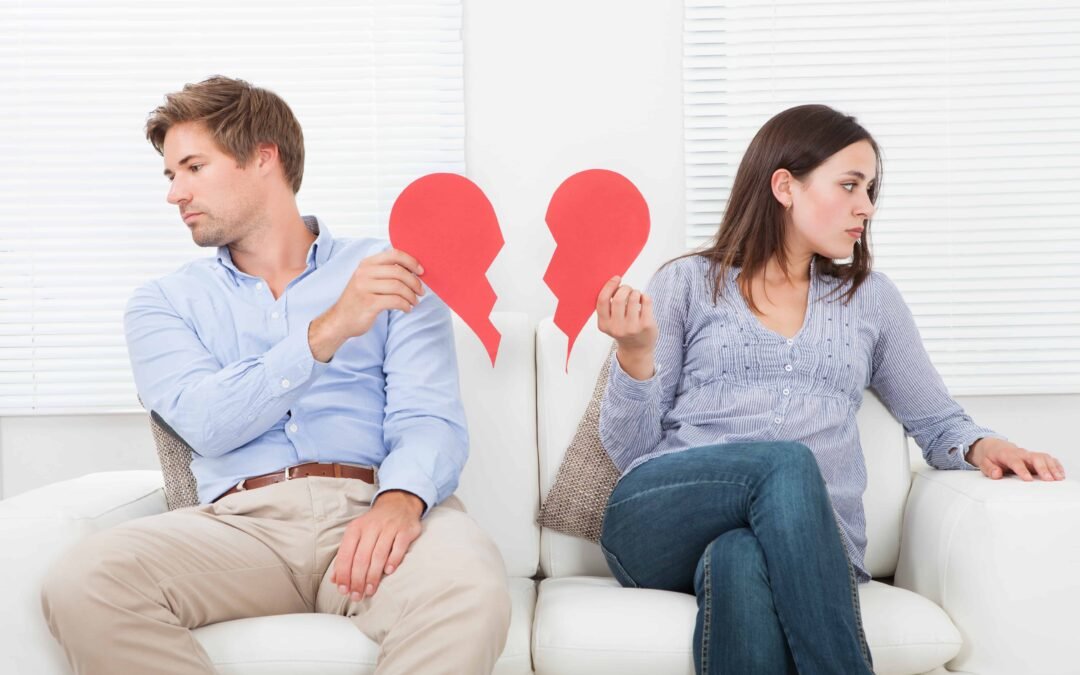Low libido, or reduced sexual desire, can be influenced by a variety of factors, including physical health, psychological well-being, and relationship dynamics. Treatment for low libido often involves addressing these underlying causes. Here’s a comprehensive approach to managing and treating low libido:
1. Lifestyle Changes
Healthy Diet:
Nutrient-Rich Foods: Incorporate foods rich in vitamins and minerals that support sexual health, such as fruits, vegetables, whole grains, lean proteins, and healthy fats.
Specific Nutrients: Zinc, vitamin D, and omega-3 fatty acids are particularly important for sexual health.
Regular Exercise:
Physical Activity: Regular exercise improves circulation, reduces stress, and boosts overall mood, all of which can enhance libido.
Sexual Function: Exercise can improve sexual function and satisfaction by increasing blood flow and reducing body fat.
Stress Management:
Relaxation Techniques: Practices such as yoga, meditation, or deep breathing can reduce stress and anxiety, which can positively impact libido.
Adequate Sleep:
Sleep Hygiene: Ensure you get enough quality sleep, as fatigue and poor sleep can negatively affect sexual desire.
Healthy Weight:
Weight Management: Maintaining a healthy weight can improve hormone balance and sexual health.
2. Psychological and Emotional Support
Counseling and Therapy:
Sex Therapy: A sex therapist can help address issues related to sexual desire and performance.
Individual Therapy: Working with a psychologist or counselor can help manage anxiety, depression, or other emotional issues impacting libido.
Couples Therapy: If relationship issues are contributing to low libido, couples therapy can help improve communication and resolve conflicts.
Addressing Past Trauma:
Trauma Counseling: If past trauma or sexual abuse is affecting your libido, seeking therapy from a specialist in trauma can be beneficial.
3. Medical Treatments
Hormonal Therapy:
Testosterone Replacement Therapy: For men with low testosterone levels, testosterone replacement can improve libido and sexual function.
Estrogen Therapy: For women, especially postmenopausal women, estrogen therapy may help improve libido.
Other Hormonal Treatments: Hormonal imbalances in women may be treated with various hormone therapies based on individual needs.
Medications:
Medication Review: Some medications, such as antidepressants or antihypertensives, can affect libido. Discuss with your healthcare provider whether adjustments or alternatives are available.
Sexual Enhancement Medications: Medications like flibanserin (Addyi) for women or bremelanotide (Vyleesi) can be prescribed to address specific sexual dysfunction issues.
4. Relationship and Communication
Open Communication:
Discuss Concerns: Communicate openly with your partner about your desires, concerns, and sexual needs to foster intimacy and understanding.
Quality Time: Spending quality time together outside the bedroom can strengthen emotional bonds and improve sexual desire.
Intimacy Building:
Non-Sexual Intimacy: Engage in activities that build emotional and physical intimacy without focusing solely on sex.
5. Alternative and Complementary Approaches
Herbal Supplements:
Libido-Enhancing Herbs: Some herbs like ginseng, maca root, and tribulus terrestris are believed to support libido. Always consult with a healthcare provider before starting any supplements.
Acupuncture:
Traditional Practices: Acupuncture may help balance energy and improve sexual function in some individuals.
6. When to Seek Professional Help
If you’re experiencing persistent low libido that affects your quality of life or relationships, consulting with a healthcare provider or a specialist in sexual health is important. They can conduct a thorough evaluation, including blood tests for hormonal imbalances, to determine the underlying cause and recommend appropriate treatment options.
Addressing low libido often requires a multifaceted approach that includes lifestyle adjustments, medical treatments, psychological support, and relationship counseling. By tackling the issue from different angles, you can improve your sexual health and overall well-being.









